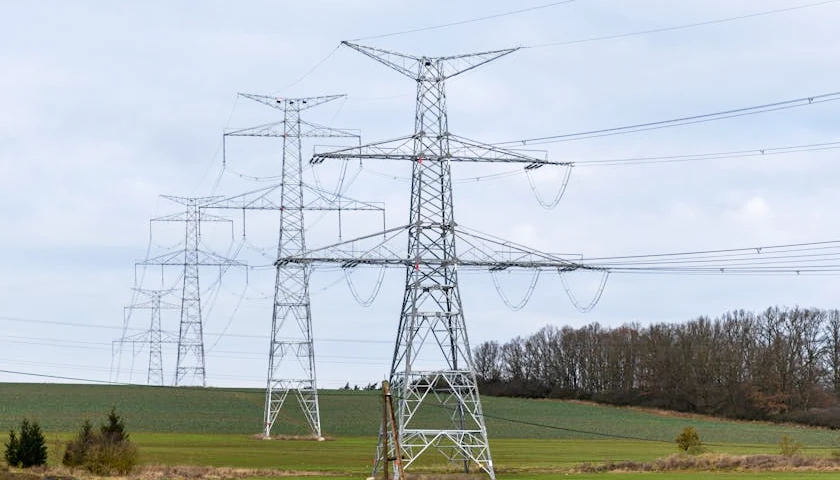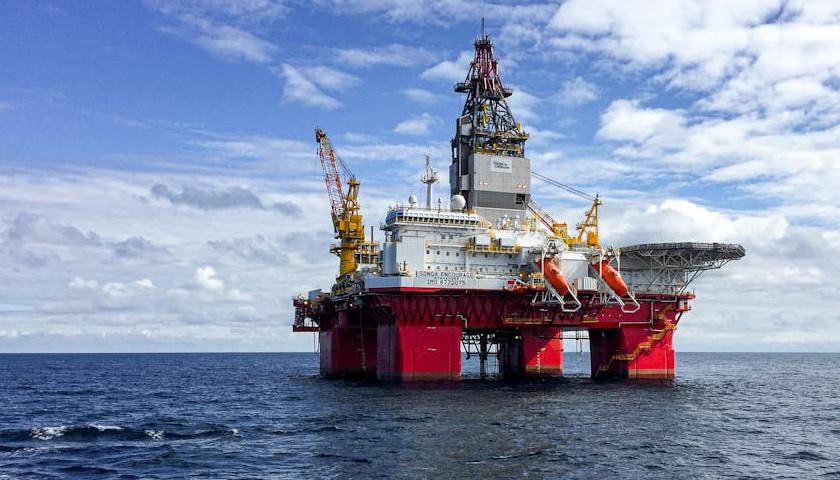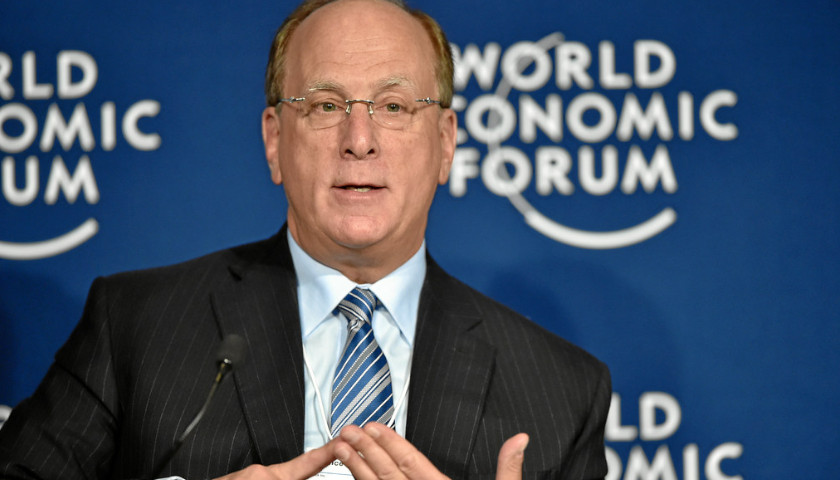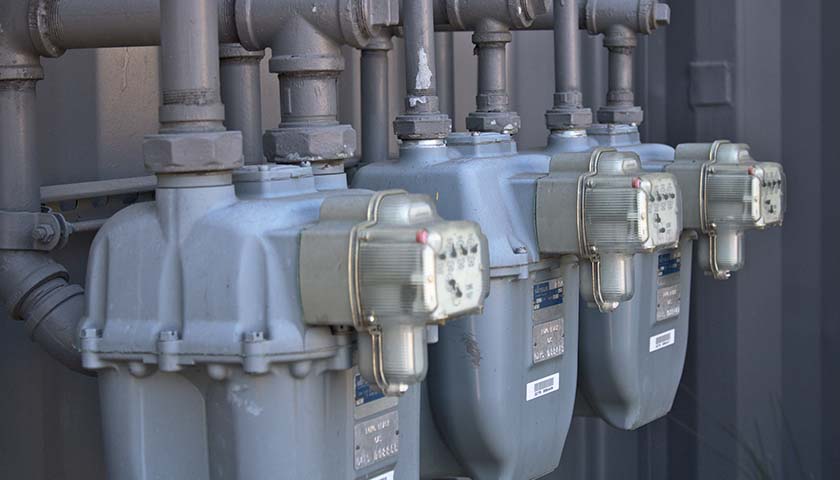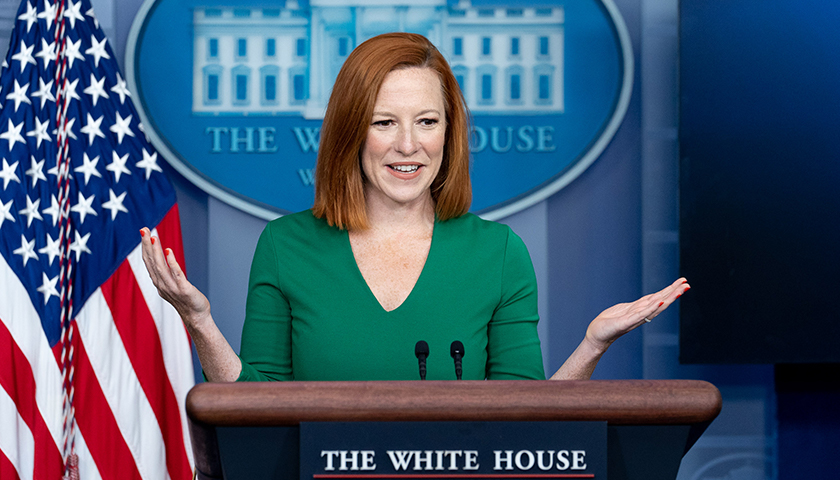As state and federal policies mandate the electrification of virtually all end uses to reduce carbon emissions from fossil fuels. For example, 18 states have adopted California’s Advanced Clear Car II rules requiring increasing percentages of new vehicle sales to be EVs, reaching 100% for the 2035 model year. In 2019, New York City enacted Local Law 97, which requires all residential buildings larger than 25,000 square feet to convert to electricity by 2035. Other states, such as New Jersey seek to convert all residential heating to electricity.
Together, mandates for electric vehicles (EVs) and electrification of space and water heat will likely double electricity consumption and peak demand. Coupled with policies that mandate supplying the nation’s electricity with zero-emissions resources, notably intermittent wind and solar power, not only will electricity prices continue to increase but the ability to meet consumers’ increased demand will become more problematic.
Read More
